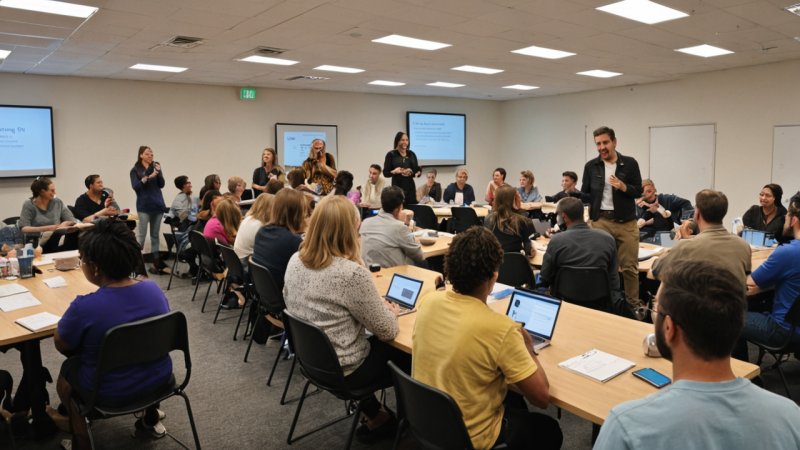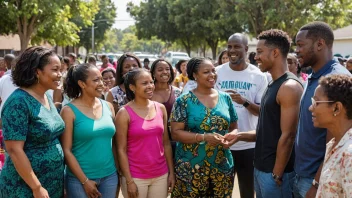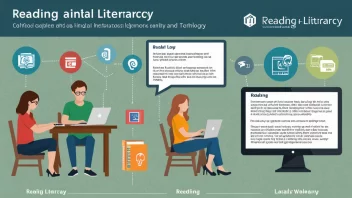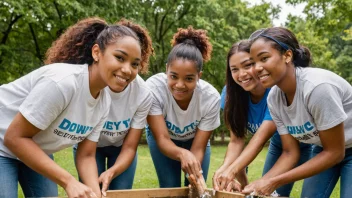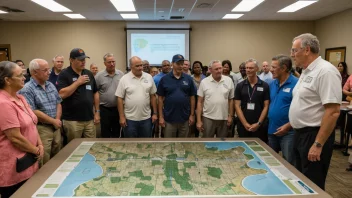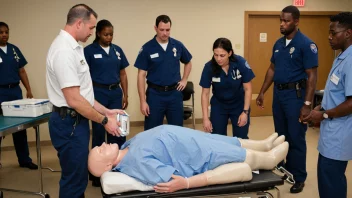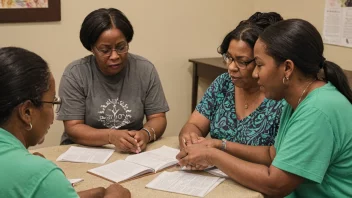In an increasingly interconnected world, poverty remains a pressing issue that affects millions globally. Raising awareness about poverty issues is crucial in mobilizing support and enacting change. Two prominent methods for raising awareness are social media campaigns and community workshops. Each approach has its unique strengths and challenges, which can significantly influence their effectiveness in addressing poverty-related issues. This article compares these two methods to explore how they can complement each other in fostering a deeper understanding of poverty and inspiring action.
Social Media Campaigns
Social media has emerged as a powerful tool for raising awareness on various social issues, including poverty. Platforms like Facebook, Twitter, Instagram, and TikTok allow organizations and individuals to reach vast audiences quickly and efficiently.
Pros of Social Media Campaigns
- Wide Reach: Social media campaigns can reach millions within seconds, transcending geographical boundaries.
- Cost-Effective: Creating and sharing content on social media is often free or low-cost compared to traditional advertising methods.
- Engagement: Social media encourages interaction and engagement, allowing users to share their own experiences and insights.
- Real-Time Updates: Information can be disseminated in real-time, keeping the audience informed about urgent poverty issues and initiatives.
Cons of Social Media Campaigns
- Information Overload: Users are bombarded with content daily, making it easy for poverty-related messages to get lost.
- Superficial Engagement: Likes and shares do not always translate into meaningful action or understanding.
- Echo Chambers: Social media can create echo chambers, limiting exposure to diverse perspectives on poverty.
Community Workshops
Community workshops involve face-to-face interactions and provide a platform for individuals to engage in discussions about poverty and its implications. These workshops can take various forms, from educational seminars to hands-on activities.
Pros of Community Workshops
- In-Depth Learning: Workshops can facilitate deeper discussions and provide comprehensive information about poverty issues.
- Personal Connections: Face-to-face interactions foster relationships and encourage empathy and understanding.
- Local Relevance: Community workshops can be tailored to address specific local poverty issues, making the content more relatable.
- Action-Oriented: Workshops often include planning actionable steps participants can take to address poverty in their communities.
Cons of Community Workshops
- Limited Reach: Workshops typically have a smaller audience, which might limit awareness efforts.
- Resource Intensive: Organizing workshops requires time, effort, and often funding, which may not always be available.
- Accessibility: Not everyone can attend workshops due to scheduling conflicts or physical limitations.
Comparing Effectiveness
When comparing social media campaigns and community workshops, it's clear that each method has its strengths and weaknesses. Social media campaigns excel in reach and cost-effectiveness, making them suitable for raising general awareness across diverse populations. However, their effectiveness can be undermined by information overload and superficial interactions.
On the other hand, community workshops provide a more immersive experience that can lead to a deeper understanding of poverty issues and foster personal connections. Yet, they often struggle with reach and resource limitations.
Complementary Approaches
To maximize awareness about poverty, a complementary approach that integrates both social media campaigns and community workshops can be highly effective. Organizations can utilize social media to promote workshops, share highlights, and engage with a broader audience. Conversely, workshops can serve as platforms to create social media content, showcasing real stories and experiences related to poverty. This synergy can enhance the overall impact of the awareness-raising efforts.
Conclusion
Raising awareness about poverty issues worldwide is essential in driving change and mobilizing support. While social media campaigns offer extensive reach and low-cost options, community workshops provide depth and personal connections. By combining these two methods, advocates can create a well-rounded strategy that engages diverse audiences and fosters a deeper understanding of the complexities surrounding poverty. Ultimately, the goal is to inspire individuals to take action, whether through sharing information online or participating in local initiatives.
